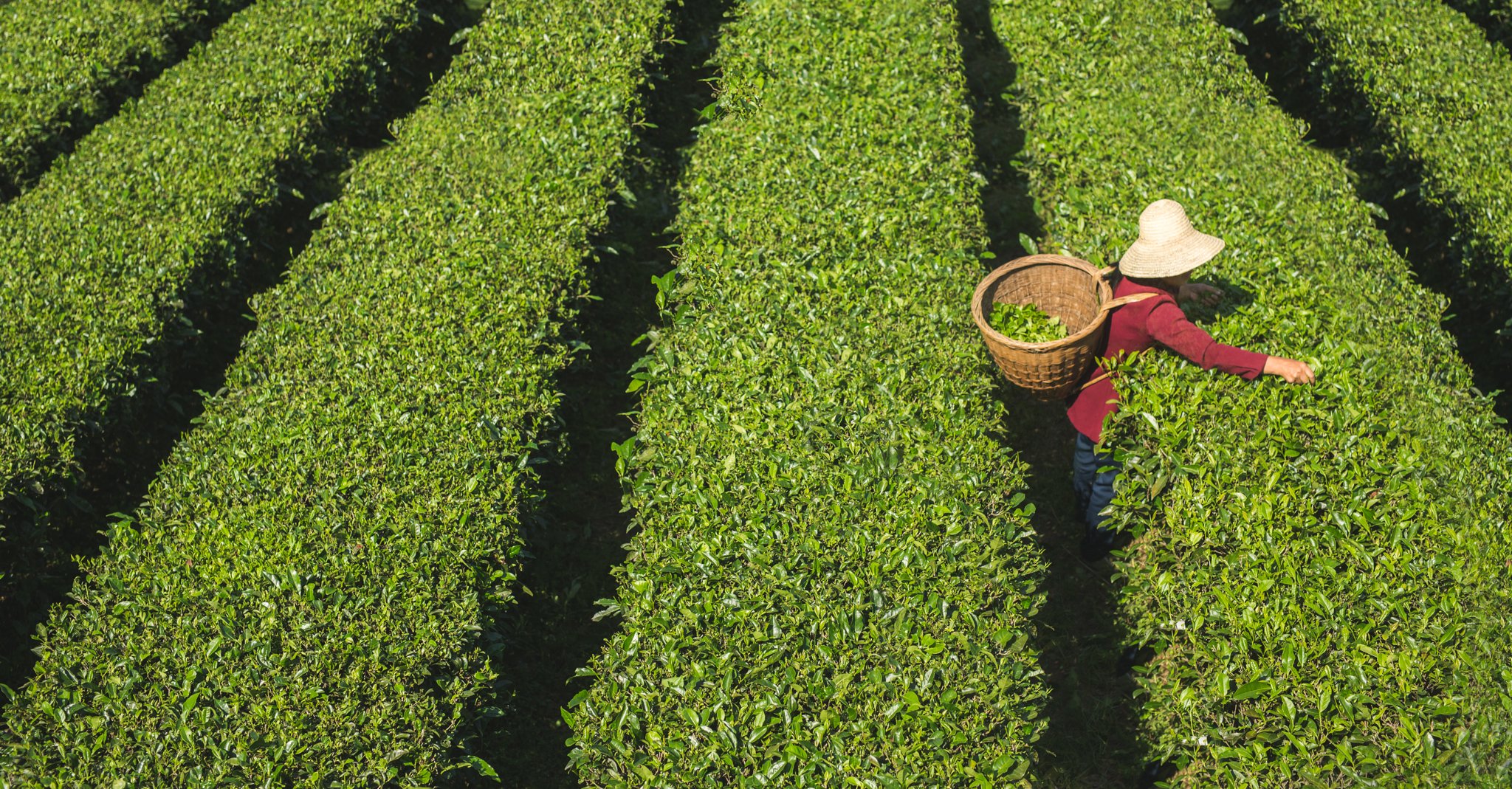Fairtrade Fortnight: 21st February to 6th March 2022
Just a few people deny the fact of climate change. The term is often used in Europe to explain weather extremes like long-lasting droughts or torrential rains. But: Do the people in Europe have the slightest idea of the impact, changes in the world climate have already caused at other places?
That changes in the world’s climate affect the greenhouse effect of the planet and therefore the resulting global warming, is well-known by now. But what exactly does it mean? While in the global north – the developed countries in the northern hemisphere – extreme weather conditions and natural catastrophes like hurricanes tend to happen more frequently, poorer countries e. g. in the tropics have noticed the climate change for a long time now. Crucial about it: small scale farmers who account for most of the agriculture, are less able to cope with climate changes even though they have less contributed to it.
Because of global warming, weather is no longer following old and well-known patterns, which farmers have been acting upon. Moreover, they do not have the choice to react to new occurrences since they for example cultivate plants which fit perfectly in their former surroundings. Every deviation like temperature fluctuation or change in precipitation may cause loss of harvest and may seriously threaten the farmers‘ lives as well as their families‘.
One of the major goals of fair trade is to bring justice to the disadvantaged partners in the poorer parts of the world. Minimum wages, long-lasting trade connections, and additionally the payment of premiums ensure a scope for the producers. In times of lower world market prices or crop failure they can still make an income. Around a third of the Fairtrade guidelines refer to ecological and climate issues. Various projects indirectly contribute to the fact that climate change can no longer spread, for example by supporting sustainable agricultural methods.
What does the term climate justice really mean and what does it have to do with the Fairtrade principles? By the normative concept the approach is included to equally share all factors that contribute to climate change with all people living on the planet. Hence: the north-south comparison reveals that those who are contributing the least to global warming, have to suffer the most from its effects. A possible approach would be to create global justice. Maybe by a wider reaching fair trade system, to finally confront global warming.
One opportunity to bring an end to the proceeding global warming would be to focus on the concept of climate justice in the context of fair trade. Based on the assumption that the effects like rise of greenhouse gases and climate catastrophes are mainly to be evoked by the developed and newly industrialized countries, they should be encountered here. Compared to the poorer countries in the global south, those could make pioneering decisions with the result of bringing an all-including change in lifestyle.
What else needs to happen in the north so that the global inequality stops to proceed? Binding goals like the 2-degree reduction and strictly defined emission limits as well as other measures like the promotion of renewable energies and sustainable mobility concepts. We must put a stop to climate change for the sake of social and ecological justice – for all people, in the north and south.
Fairtrade Fortnight celebrates the farmers and workers who grow the world’s food and promotes fair trade. Farmers around the world are facing the effects of the climate crisis. You can join the global community for a free festival online to learn more. https://www.fairtrade.org.uk/choose-the-world-you-want/lineup/
You can find out more about our fair trade partners, the ingredients they produce and which of our products are Fairtrade by visiting our Fair Trade Raw Materials page. https://www.fairsquared.co.uk/fair-trade-raw-materials


